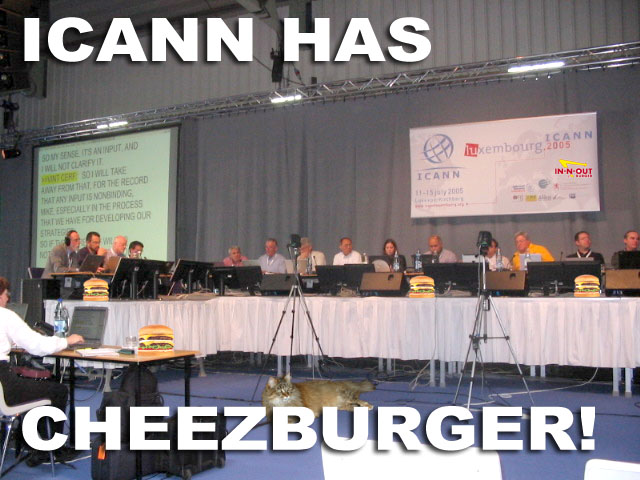Giving up the unprovable ballot
Submitted by brad on Mon, 2007-06-11 15:39Yesterday, I wrote about election goals. Today I want to talk about one of the sub-goals, the non-provable ballot, because I am running into more people who argue it should be abandoned in favour of others goals. Indeed, they argue, it has already been abandoned.
As I noted, our primary goal is that voters cast their true desire, independent of outside pressure. If voters can't demonstrate convincingly how they voted (or indeed if it's easy to lie) then they can say one thing to those pressuring them and vote another way without fear of consequences. This is sometimes called "secret ballot" but in fact that consists of two different types of secrecy.
The call to give this up is compelling. We can publish, to everybody, copies of all the ballots cast -- for example, on the net. Thus anybody can add up the ballots and feel convinced the counts are correct, and anybody can look and find their own ballot in the pool and be sure their vote was counted. If only a modest number of random people take the time to find their ballot in the published pool, we can be highly confident that no significant number of ballots have not been counted, nor have they been altered or miscounted. It becomes impossible to steal a ballot box or program a machine not to count a vote. It's still possible to add extra ballots -- such as the classic Chicago dead voters, though with enough checking even this can be noticed by the public if it's done in one place.
The result is a very well verified election, and one the public feels good about. No voter need have any doubt their vote was counted, or that any votes were altered, miscounted, lost or stolen. This concept of "transparency" has much to recommend it.
Further, it is argued, many jurisdictions long ago gave up on unprovable ballots when they allowed vote by mail. The state of Oregon votes entirely by mail, making it trivial to sell your ballot or be pushed into showing it to your spouse. While some jurisdictions only allow limited vote by mail for people who really can't get to the polls, some allow it upon request. In California, up to 40% of voters are taking advantage of this.
Having given up the unprovable ballot, why should we not claim all the advantages the published ballot can give us? Note that the published ballots need not have names on them. One can give voters a receipt that will let them find their true ballot but not let anybody who hasn't seen the receipt look up any individual's vote. So disclosure can still be optional.




